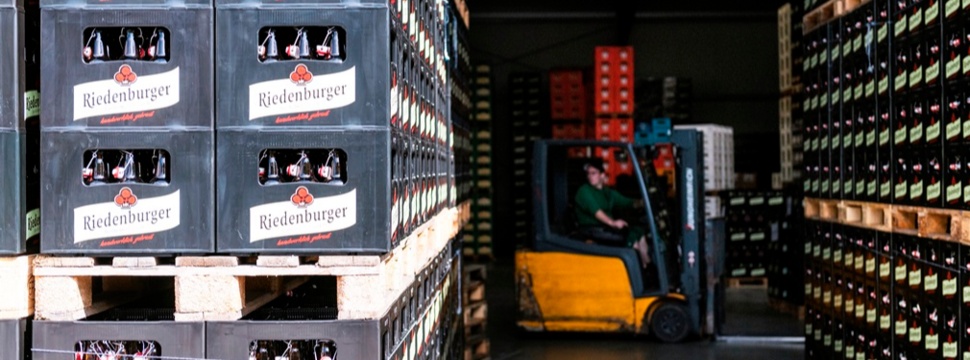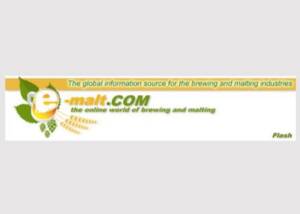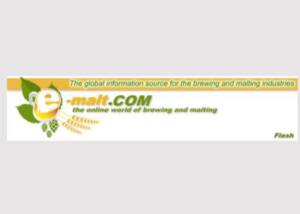On course for success: Riedenburger Brauhaus grows against beer trend
News General news
While German beer sales fell significantly in 2020, the Riedenburger Brauhaus posted an 11 percent increase last year. The increase in sales of bottled beers compensated for the corona-related decline in draft beers in the restaurant sector. The organic company cites its sustainability concept with a focus on regional partnerships, changes in the purchasing and consumption behavior of end consumers, and the new design of its beer labels as reasons for the increase in sales.

"Since our organic conversion in 1994, we have relied on a sophisticated sustainability concept," says Managing Director Maximilian Krieger. To turn a beer into a high-quality food product, the organic brewer does not use extracts or filtration. "We also source grain and hops entirely from organic farmers in the region. In this way, we promote biodiversity, ensure short transport distances and ensure a positive eco-balance."
Non-alcoholic beers showed the biggest growth, up 15 percent. The favorite beers in this segment were the alcohol-free Ur-Helle, the alcohol-free Dinkel-Radler and the Dinkelmalz. However, alcoholic brewing specialties such as Historic Emmerbier and Ur-Helle also gained in sales. "In general, the organic sector made significant gains last year. Of course, this benefits us; after all, the organic trade is our main sales market," says Maximilian Krieger. Especially during the corona crisis, consumers seem to be placing more value on high-quality and organic food. In addition, topics such as environmental and climate protection are more topical than ever before.
With the successful product launch of Riedenburger Natur-Radler, the brewery has also responded to customer demand for a naturally cloudy mixed beer beverage. Like all Riedenburger beers, the new Natur-Radler is free of any stabilizers, additives, flavorings and preservatives.
Last but not least, the new design of the Riedenburger labels has also had a positive effect on sales of the beer specialties. The appearance of the core range has been uniform since March 2020 and has increased the recognition value of the beers. The new labels are modern, clearly structured, and reflect the zeitgeist of the organic sector. According to Maximilian Krieger, the changeover went flawlessly and the new design has been well received.
"We are grateful that we have come through this turbulent year so well. We thank our customers for their loyalty and trust. Above all, a big praise goes to our employees. Without their optimism, cohesion and commitment, this growth would not have been possible," Krieger said.










